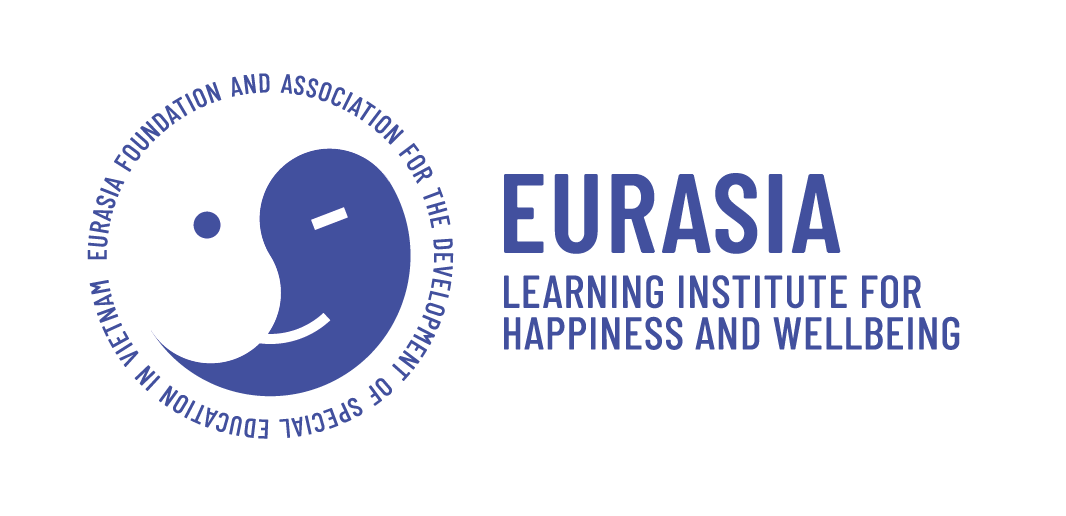Inner transformation
developing Happiness and socio - emotional Skills
Considering happiness as a skill is a relatively new and unusual idea in our current western culture, but most traditional wisdom traditions, from ancient Greek philosophy to Asian spirituality have shared this vision and developed methods to cultivate the inner qualities leading to happiness.
Neuroscientific research has demonstrated the ability of the brain to transform in response to experiences, this plasticity of the brain and of the nervous system is the basis of developing happiness skills such as compassion, gratitude, or kindness.
Our programs to develop Happiness Skills:
Developing self-awareness
Finding a better balance between Care for Self and Care for Others
Reinforcing resilience in facing difficulties
Finding / recovering meaning and a sense of direction in life
Revealing / realising ones full potential
Matthieu Ricard defines Happiness Skills in the following way
“ It [Happiness] comes with a cluster of qualities. There is no such thing as 'happiness' as an isolated quality or skill. It is a skill, but it is a skill that has many components, and each of those components are constructive ways of being, like altruism or benevolence, compassion, inner peace, inner strength, inner freedom. It is the sense of freedom from being carried away by all sorts of wild chain reactions of thoughts due to craving, or hatred, or all that. It is the real freedom to maintain your inner peace. All of those, together, make a way of being that I think characterizes authentic happiness.
It is a skill, because each of those factors, like altruistic love, can be cultivated, a greater inner strength can be cultivated. There are ways to cultivate the skills to be free from being overwhelmed by afflictive emotions. You could say that all of those combined make a general skill, a resulting skill that is authentic wellbeing or happiness.”
Frederic Lenoir, a writer and sociologist, defines happiness in the following terms:
“ Happiness is the awareness of a state of overall satisfaction in a meaningful existence based on truth. The experience of pleasures alone is not enough. One must give meaning to life, which allows us to prioritize our values and choices. This meaning is something each person provides for themselves. There is no universal meaning that applies to everyone. Philosophy helps us understand that the contents of happiness differ from one individual to another. Once we reflect on the definition of happiness, we can then think practically, engage in self-work using philosophical tools, transform negative emotions, and live in the present moment. Many people live in the past or the future, ruminating or fantasizing. However, happiness comes from the sensation of what we experience in the present. If we are attentive to this, the brain sends positive signals to the body. Attention creates a virtuous circle. ” (2013)
More on happiness skills from Ha Vinh Tho
Eurasia Foundation and ELI founder, former program director of the Gross National Happiness Center in Bhutan.


